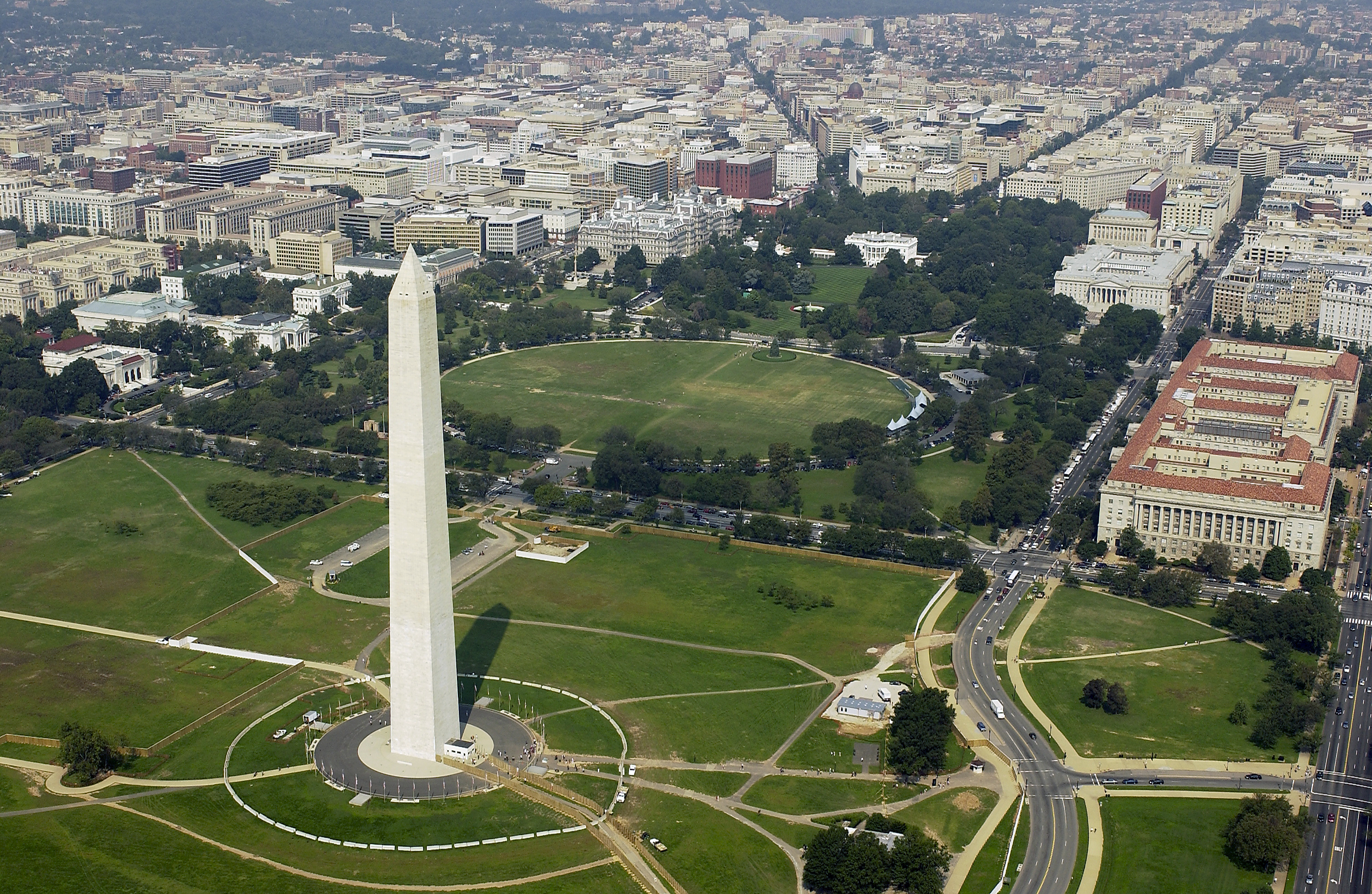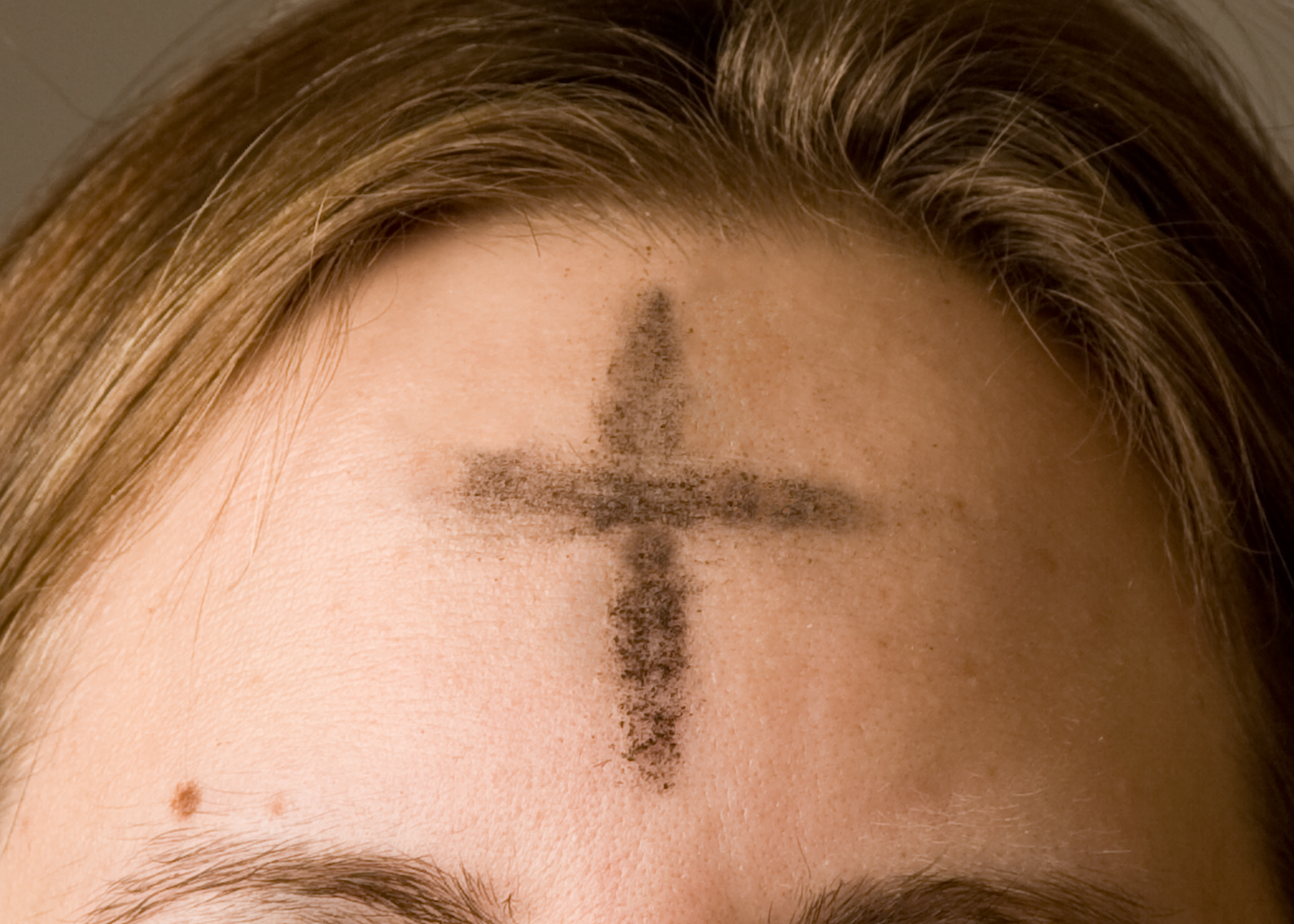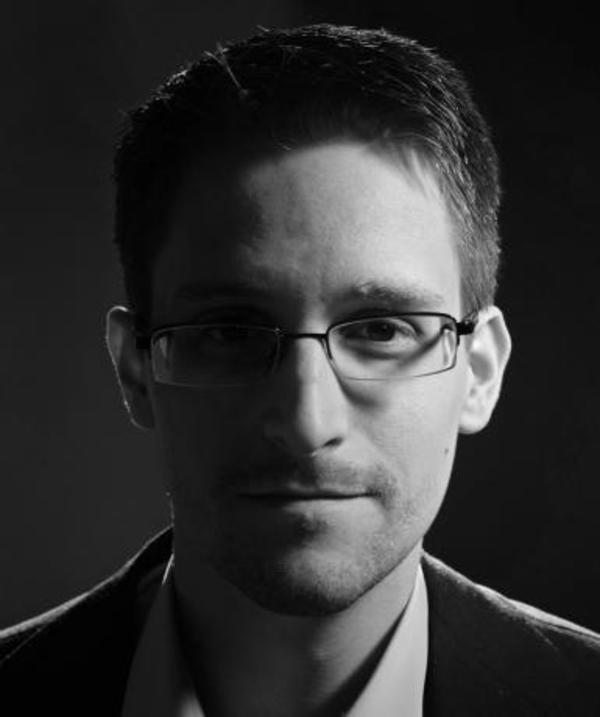Tomorrow being the Feast of the Chair of Peter, I wanted to do a piece on the papacy, as I have before. This is the patronal feast of the Ordinariate to which I belong, and a very ancient festival in the Church's calendar.* It's also rather special to me personally. It was precisely Catholicism, rather than Orthodoxy, to which I converted, and one of my chief reasons was being persuaded that the Catholic doctrine of St. Peter's office and successors was the correct one.
The Chair of Saint Peter, Bernini, 1647-1653, in the Basilica of Saint Peter in Rome.
I have, too, long been particularly fond of St. Peter the man. His combination of humility, profound holiness, zeal, and incredible bumbling is both endearing and reassuring; and I feel that Christ's choice of him to lead the Church after His departure -- over the mystical John, the brilliant Paul, or even (significant omission) His sinless Mother -- is emblematic of His whole recklessly adoring attitude towards humanity.
But I was talking about the papacy, and at present, that means Pope Francis. Since his accession two years ago, and especially during the session of the Synod on the Family late last year, many traditional Catholics have expressed discomfort with and even disapproval of His Holiness. Few (few at any rate that I've encountered) have charged with him heresy; many have charged him with carelessness, stupidity, and oversimplification. The sentiment of these remarks seems to be that, in phrasing things as simply and indulgently as he does, he is giving a false impression of Catholic Christianity to the world at large, and even making people feel that they can behave however they please and God will still love them.
The horror.
Well, I'll admit that, while my reverence for the Petrine Throne is unabated, Pope Francis is not my sort of man the way Pope Benedict was my sort of man. And yes, there are times when I miss Pope Benedict: though he was the victim of appalling slanders in the media, and was already a weary and self-effacing man at his own accession, he was an exact and wise theologian, and possessed of a spirit of immense charity and grace that shines brilliantly forth in his sermons and books. I've been rereading his Introduction to Christianity of late, in which he gives a more illuminating treatment of the Trinity than I've read anywhere else, and was particularly struck by this passage:
In the six principles [he has just explained] we have identified the elementary particles, so to speak, of Christianity, but must there not exist behind these one single, simple center? Such a center does exist, and I think we can say, after all that we have said and without any danger of using a mere sentimental phrase, that the six principles finally coalesce into the one principle of love. Let us be blunt, even at the risk of being misunderstood: the true Christian is not the denominational party member but he who through being a Christian has become truly human; not he who slavishly observes a system of norms, thinking as he does so only of himself, but he who has become freed to simple human goodness.**
Let us be blunt, even at the risk of being misunderstood. I have a shrewd suspicion that it is this principle voiced by Pope Benedict that is the real animating force of the pastoral style that has characterized Pope Francis, and that has so upset many traditional Catholics. For he has shown no special regard for the shibboleths that mark out self-professed paragons of orthodoxy in the American Church, and has freely asserted things that sound like concessions to to the secular left, until suddenly one remembers that he is restating the long-standing teaching of the Church, which diverges from the concerns of Caesar (liberal or conservative) in several important respects.
A lot of Catholics have complained of Pope Francis that he is careless in his way of expressing things and doesn't take proper account of the media's distortions -- that, if he would only be more theologically exact in speaking to journalists and so forth, these misunderstandings of Catholic doctrine by the public wouldn't arise. You'll notice how well that worked out for Bl. Paul VI and St. John Paul II and Benedict XVI. For that matter, truly, has there ever been an age in which people in general, even practicing Catholics, didn't misconstrue the Church's teaching? Mediaeval peasants, the children of the "ages of faith," sometimes sacrilegiously abstracted the Host and used it to make a poultice to apply to the wounds of their livestock; King Oswiu of Northumbria ruled in favor of Rome at the Synod of Whitby out of fear that St. Peter would use the keys to literally lock him out of heaven (or so it's been said); the famous Clovis, while being instructed for Baptism, on hearing of the arrest and torment of Christ, burst out angrily, "Oh, if I had been there with my Franks!" Doctrinal misunderstandings aren't a question of one Pope versus another, and they will never go away: it's human nature. Put not thy trust in principles, nor in any brainchild of man.
Besides that, we are maybe apt to forget in this country that we aren't a large or necessarily a very important segment of the Catholic Church. Taken together with Canada, we're only a little over 15% of the Church's worldwide membership, while Latin America, from which His Holiness hails, provides a solid third of our numbers. If he does not cater specially to our socio-religious concerns, I think that's to be expected.
Pictured: not the capital of Christendom.
Turning back to the matter of the media, Pope Francis has certainly made an impression on them. He's a winsome man, and has been a correspondingly popular pontiff -- the admiration he has commanded from those outside the Catholic Church has been much remarked upon, and even his solidly Catholic stances on questions like abortion and gay marriage have been absolved and indulged by the populace; after all, one must not be unjust, bigoted, or even like this Pharisee.
I confess, I wonder a little whether this popularity hasn't been a spur of some of the dissatisfaction with Pope Francis among conservative Catholics. There's a faint suggestion of the elder brother in it. They have been faithful, they have been creedally exact, they have tithed and fasted and said the Rosary and written their blogs defending Benedict and Burke, and no one has cared. But now here comes this Argentine prelate, his head probably filled with Marxist ideas and talking about nothing but love, even for atheists and homosexuals and adulterers, and people cheer and celebrate and praise him to the skies. It's enough to make somebody jealous.
I don't want to be harsh or unfair. A few close friends of mine have been perturbed by this or that remark or decision made by Pope Francis, and I certainly don't propose to read hearts. But I don't think it either unfair or harsh to plead for people to examine their consciences, and ask themselves whether it is really they who know how best to shepherd the Church. Admittedly Popes make many mistakes; but if dear Peter, the impetuous, shuffling, apostate saint, was unable to ruin the Church, I do not think that anybody can. It may be worthwhile to trust that Jesus will guide (and, if necessary, contain) His Vicar.
And the truth is, I think, Pope Francis' methods are not only licit, but downright cunning. Remember, the reason doctrine is important is that it expresses Divine truth; it is communication of that truth that matters. If you deliver a theologically correct message that nobody understands or takes to heart, you might as well have stood up there farting loudly for ten minutes for all the good it's going to do (though at least people would get a laugh out of that). Pope Francis has chosen, it seems, to focus on getting the point across over being, I'll be blunt, pedantic. And love is the point: God is love. Truth itself is of no value apart from Him -- Christ is the Truth, but Christ does only the will of the Father. Let us be blunt, even at the risk of being misunderstood. Which, let us not forget, He often was.
Complete with ensuing hijinks.
That's the New Evangelization: taking the same substance that Christianity has always consisted in, and making it comprehensible to a people who are mentally quite different from the ones who formulated the theology; people to whom key terms like necessary and disordered and perfect mean something entirely unlike what they mean to a trained theologian.
And in communicating the core reality that those words were originally chosen to designate, yes, some of the details are going to get lost. But, as I said above, the details have been lost in any case, and that isn't actually a cause for great alarm -- not because the details don't matter (they do), but because He for whose sake they matter has them in hand, and what Pope Francis is trying to do is put them in in touch with Him. If he succeeds, the details will come. If he doesn't, having the details right won't matter.
Lastly, I would beg my Catholic brethren who so openly criticize His Holiness to take thought for the scandal they may be giving. I don't mean only the intrinsic scandal of open insolence toward the appointed ministers of the gospel, though that is worth taking into account. I made a flippant reference to people praising themselves for not being like Pharisees above, but of course, people do really do that. Suppose they learn by your example to associate contempt for the Pope with devout Catholicism. Will that prompt them to become Catholics who despise the Vicar of Christ, or is it likelier that they will remain mere fans of Pope Francis who won't seriously consider becoming Catholics? And really, when you come to think of how few of his critics have held the office of the papacy themselves, well gosh, it begins to look like talking authoritatively about something one may not understand as well as one thinks.
*One of two ancient celebrations of the Petrine Throne, in fact -- the other was suppressed in 1960 by Pope St. John XXIII. The two celebrations commemorated St. Peter's episcopacy at Antioch, after his departure from Jerusalem but before his arrival in Rome, and his rule of the church at Rome itself (which ended in his martyrdom, reputedly on the same day as St. Paul, in 64, the tenth year of the reign of Nero). St. John XXIII suppressed several feast days that were in substance duplicates, and, interestingly, the commemoration he chose to suppress was that of St. Peter's Roman throne; February 22nd was traditionally observed in honor of his rule at Antioch. It now commemorates the mystery of the Vicariate of Christ as a whole.
**Pope Benedict XVI (written as Joseph Ratzinger, before his elevation to the Cardinalate), Introduction to Christianity, p. 270.
.jpg)











.jpg)

